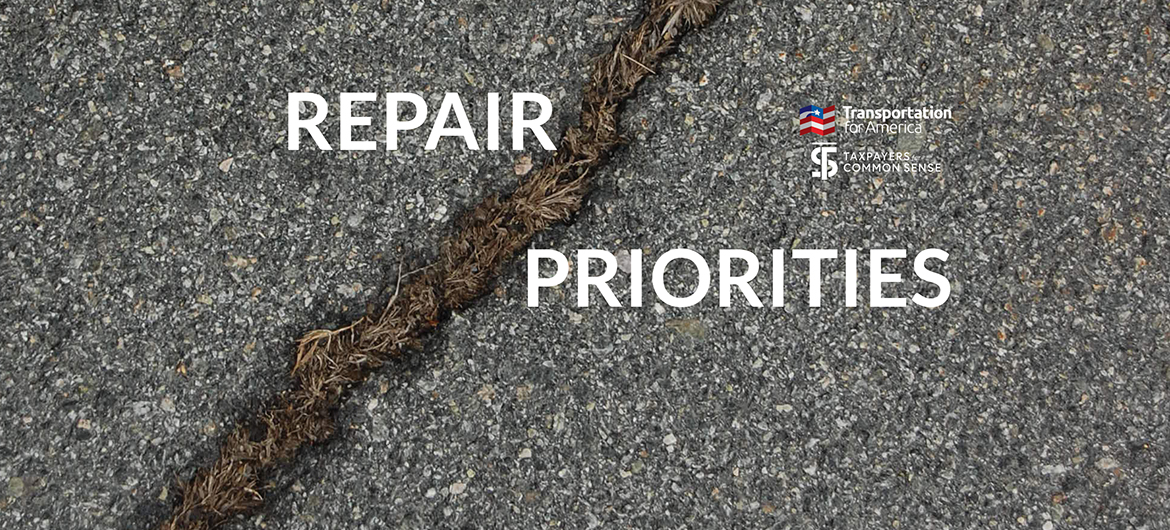Daniel Inouye, Chairman
U.S. Senate Committee on Appropriations
United States Capitol, Room S-128
Washington, DC 20510 |
Thad Cochran, Vice Chairman
U.S. Senate Committee on Appropriations
United States Capitol, Room S-206
Washington, DC 20510 |
| |
Patty Murray, Chair
Appropriations Subcommittee on Transportation, Housing, Urban Development and Related Agencies
Dirksen Senate Office Building, Room 133
Washington, DC 20510 |
Susan Collins, Ranking Member
Appropriations Subcommittee on Transportation Housing, Urban Development and Related Agencies
Hart Senate Office Building, Room 123
Washington, DC 20510 |
Dear Appropriations Leaders:
Congress’ decisions about the federal budget can have immense implications for communities across America and their ability to rebuild local economies and improve fiscal stability. As you consider this year’s difficult budget decisions, we, the undersigned group of concerned organizations, urge you to support the federal programs that keep communities strong, healthy and economically vibrant.
Specifically, we urge you to support the Partnership for Sustainable Communities and related grant programs in the FY11 continuing resolution and the FY12 appropriations process.
The Partnership for Sustainable Communities helps community leaders get the most out of each federal or state dollar invested in their neighborhoods. These programs make federal investments go even further by helping local leaders leverage private sector investment, save money in municipal budgets and by helping families save on things like transportation – all while creating jobs. Our organizations strongly support these programs, including:
- Continued funding for the Department of Housing and Urban Development’s Sustainable Communities Initiative, which provides Regional Planning Grants and Community Challenge Grants that help communities to leverage private sector investment, improve strategic growth, streamline regulatory barriers and make strategic investments with limited taxpayer dollars.
- Continued funding for the Department of Transportation’s TIGER program in FY11, which strengthens the economy, creates jobs, reduces gridlock, and provides safe, low-cost transportation choices to our citizens.
- The full commitment of obligated funds to grants received by more than 87 regions around the country under the Department of Housing and Urban Development’s Sustainable Communities Initiative and the Department of Transportation’s TIGER program in FY09 and FY10.
We acknowledge that this year’s budget decisions are difficult ones and that Congress needs to cut wasteful spending, but the Partnership for Sustainable Communities helps the federal government work smarter. The Partnership is a vital opportunity to effectively coordinate and leverage federal programs for the greatest long-term benefit to our communities. Cutting these programs would be a short-sighted solution to the budget shortfall, and one which would stunt the economic growth of regions currently benefitting from the program.
We urge you to support the Partnership for Sustainable Communities in the FY11 continuing resolution and the FY12 appropriations process.
Sincerely,
American Institute of Architects
American Planning Association
American Public Transportation Association
American Society of Landscape Architects
Apollo Alliance
Association of Public and Land-grant Universities
Audubon International
Center for Community Progress
Center for Neighborhood Technology
Center for Rural Strategies
CEOs for Cities
Coalition of Urban Serving Universities
Congress for the New Urbanism
Denver Housing Authority
Enterprise Community Partners
Environmental and Energy Study Institute
Friends of the Earth
Good News Mountaineer Garage
Institute for Transportation and Development Policy
International Downtown Association
League of Rural Voters
Local Government Commission
Local Initiatives Support Corporation
LOCUS: Responsible Real Estate Developers and Investors
Low Income Investment Fund
Mercy Housing
Metropolitan Planning Council
National Association of Area Agencies on Aging
National Association of Local Government Environment Professionals
National Complete Streets Coalition
|
National Fair Housing Alliance
National Housing Conference
National Housing Trust
National Resources Defense Council
National Trust for Historic Preservation
National Wildlife Federation
OPAL Environmental Justice Oregon
Oregon Public Health Institute
Partnership for Working Families
PolicyLink
Prevention Institute
Project for Public Spaces
Public Health Law & Policy
Quitman County Development Organization
Rails-to-Trails Conservancy
Reconnecting America
RiverStone Health
Safe States Alliance
Sierra Club
Smart Growth America
Stewards of Affordable Housing for the Future
Strategic Alliance for Healthy Food and Activity Environments
The Partnership for Working Families
TOD Associates
TransForm
Transportation for America
U.S. Green Building Council
U.S. PIRG
Upstream Public Health |
cc:
United States Senate Committee on Appropriations
Senate Majority Leader Harry Reid
Senate Minority Leader Mitch McConnell
Click here to download a copy of this letter (PDF)



